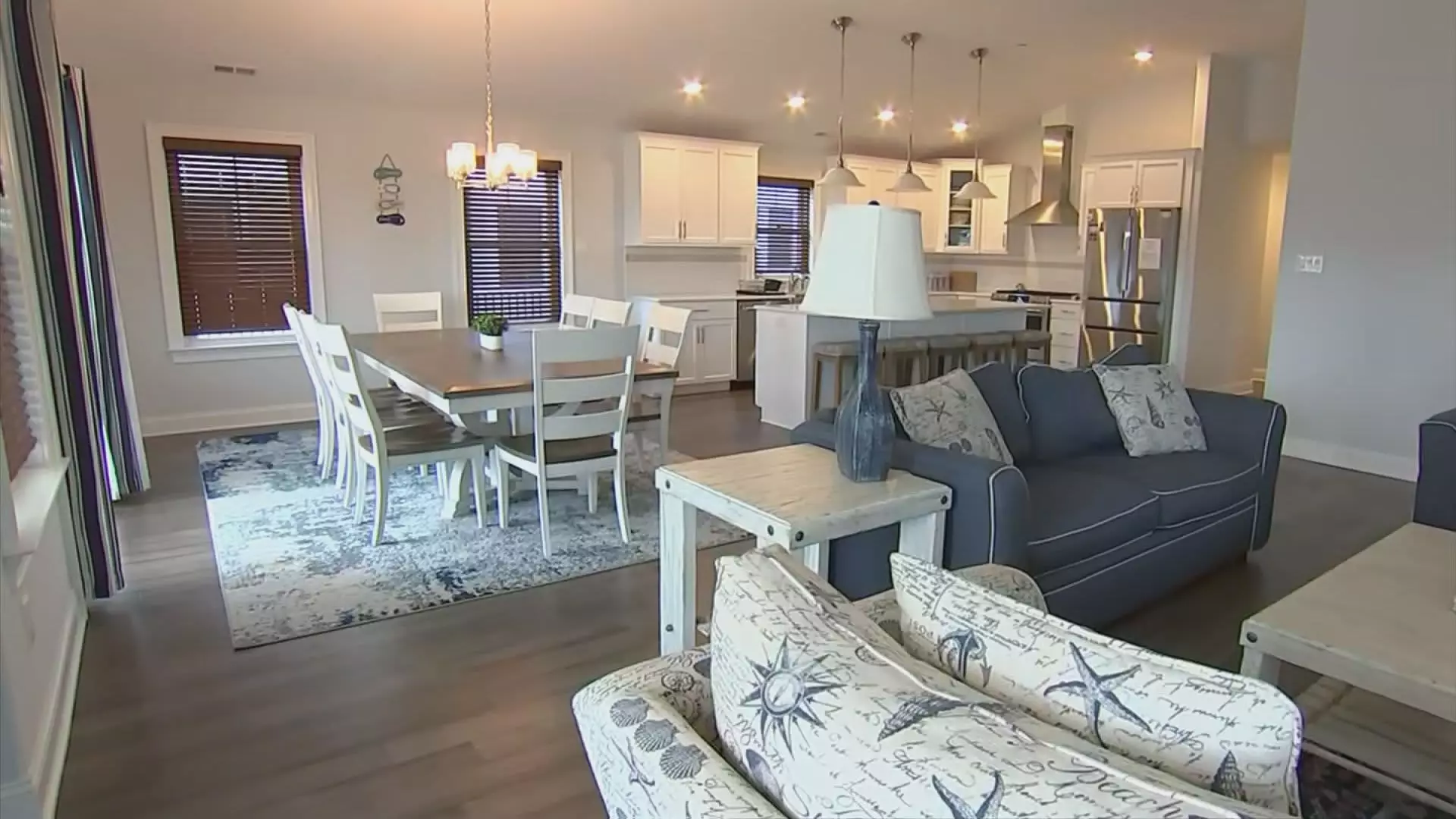Pacaso, a luxury vacation home co-ownership platform, is making a significant shift in its business model to make it more accessible to a wider range of consumers. Initially launched in 2020 with multimillion-dollar homes listed for co-ownership, the company is now introducing thousands of new listings with share prices starting as low as $200,000. This marks a departure from their previous pricing strategy, where shares were priced closer to half a million dollars or higher.
The concept behind Pacaso is to allow buyers to purchase shares of vacation homes, generally in fractions like an eighth or a quarter, and then facilitate the purchase process, including financing if necessary. The company also takes care of furnishing and managing the home, as well as organizing the owners’ time in the property through an app. According to Austin Allison, co-founder and CEO of Pacaso, this model allows people to own a fraction of a luxury home that they might not be able to afford otherwise, especially in a time when housing affordability is a growing concern.
Unlike traditional timeshares in resorts, where consumers buy time rather than the property itself, Pacaso owners can benefit from the home’s value appreciation over time. According to Allison, owners who have resold their shares have seen an average of 10% appreciation above the initial purchase price. This means that Pacaso shares tend to track with the underlying real estate market, providing a potential return on investment for co-owners.
While Pacaso has been successful in attracting wealthier buyers interested in ski homes in Colorado or beach properties in Hawaii, the company has faced backlash from certain communities and policymakers. Some critics have likened Pacaso to an “Airbnb on steroids,” leading to ordinances in places like Sonoma, California, prohibiting the company from operating in the city. In other locations like St. Helena, California, where timeshares are not allowed, Pacaso has faced restrictions on expanding beyond the existing properties.
Despite these challenges, Pacaso is looking to expand its services to help primary homebuyers access the co-ownership model. Research from real estate site Zillow shows that approximately one-fifth of primary homebuyers last year purchased their homes with a friend or relative, highlighting a growing trend towards shared ownership. According to Allison, co-ownership is not just limited to vacation homes but is increasingly being used as a way to afford houses that would otherwise be out of reach for many individuals.
Pacaso’s evolving business strategy reflects a broader shift in the real estate market towards more affordable and innovative ownership models. While the company continues to face challenges and controversies in certain markets, its focus on expanding accessibility and providing value to a wider range of consumers positions it well for future growth and success.


Leave a Reply